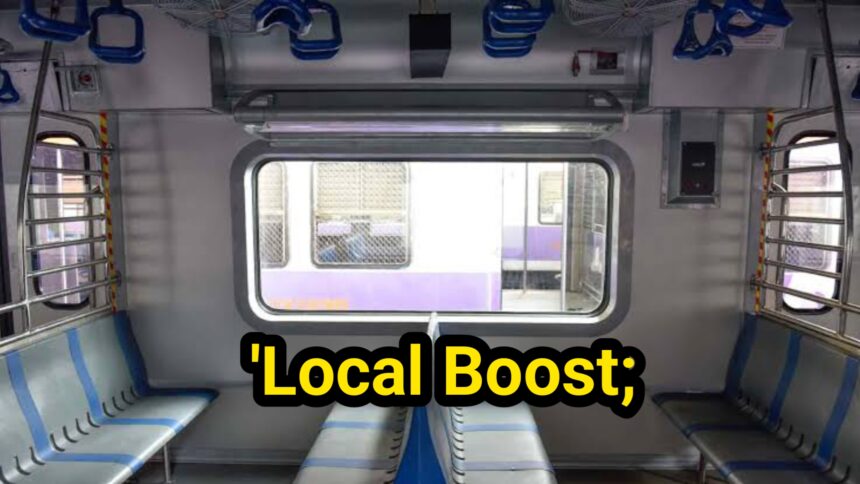By | Arvind Jadhav
Mumbai: In a landmark decision, the Maharashtra Cabinet has approved the purchase of 238 fully air-conditioned local trains under the Mumbai Urban Transport Project (MUTP) phases 3 and 3A, marking the single biggest addition of modern rolling stock to the city’s suburban network. The project, estimated at ₹4,826 crore, will be jointly financed by the Railway Board and the state government, each contributing ₹2,413 crore, ensuring the plan moves ahead without external borrowing.
Chief Minister Devendra Fadnavis described the approval as a “turning point” for Mumbai’s lifeline, highlighting that the fares of AC trains will remain the same as non-AC locals. The new rakes will come with automatic doors, metro-style interiors, advanced safety features, cushioned seating, charging points and digital information systems, gradually replacing the older open-door trains on Western and Central Railway routes. Dedicated maintenance sheds will also be built at Bhivpuri (Central Railway) and Vangaon (Western Railway) to support the new fleet.
The cabinet also cleared the ambitious MUTP-3B infrastructure plan, estimated at ₹14,907.47 crore, with the state bearing half of the cost. This phase will expand the network by 136.65 km, including the construction of a third and fourth line between Badlapur–Karjat (32.46 km), a fourth line between Asangaon–Kasara (34.96 km), and a new Panvel–Vasai suburban corridor (69.22 km). The projects have been declared as “critical public infrastructure” to underline their urgency and importance for Mumbai’s future growth.
To finance its share, the state will use proceeds from the development of railway land in Bandra (East), with additional funds channelled into the Urban Transport Fund (UTF). As in earlier MUTP phases, a small surcharge on suburban train tickets may also be introduced with the Centre’s approval to support long-term funding.
Taken together, these measures form part of a larger ₹52,000 crore suburban rail upgrade plan, which spans multiple MUTP phases and aims to ease congestion, improve safety, and modernise the daily travel experience for millions of Mumbaikars.








